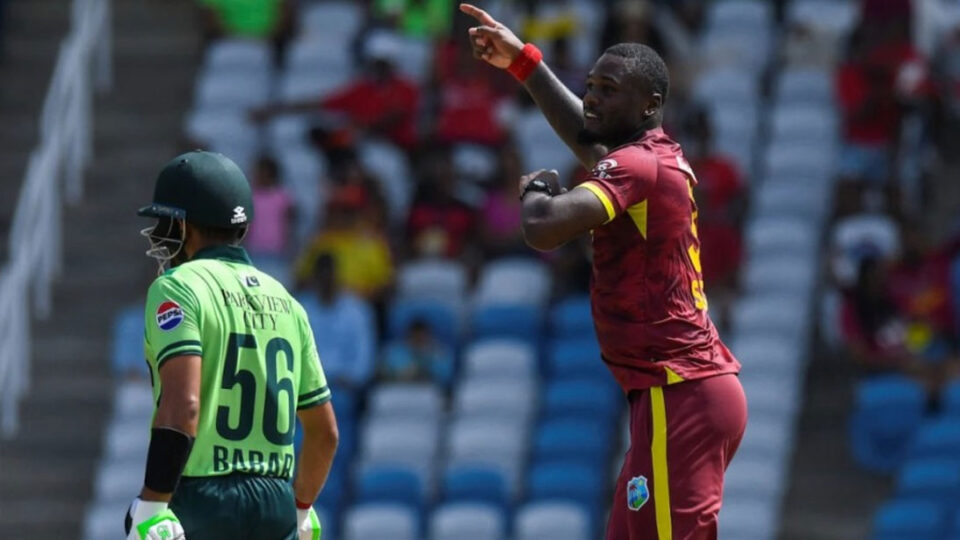(Sports Correspondent: Imran Sohail)
Shoaib Akhtar Criticises Pakistan’s ODI Approach After Series Defeat to West Indies
Former Pakistan fast bowler Shoaib Akhtar has voiced strong concerns over the national team’s strategy following their heavy loss in the ODI series against the West Indies, cautioning that Pakistan’s batting will continue to struggle on fast bowling-friendly pitches.
Speaking after the series, Akhtar questioned the role of white-ball head coach Mike Hesson, saying that while the New Zealander is a proven T20 coach, his approach to the 50-over format raises questions.
“Mike Hesson is a good T20 coach, but I don’t know what qualities he has for ODIs. In this format, if you don’t play quality players, this is what will happen,” Akhtar said.
He stressed the importance of selecting established all-rounders, batters, bowlers, and spinners to compete effectively in one-day cricket.
“This is the result of poor policies, not the players’ fault. Wherever you get seaming conditions, our players will be exposed,” he added, warning that Pakistan’s batting weaknesses remain a concern.
The 50-year-old also pointed out that Pakistan was fortunate not to face leading pacers like Pat Cummins and Mitchell Starc, suggesting the challenge would have been even greater.
The West Indies’ 2-1 series victory was historic, ending a 34-year wait for an ODI series win over Pakistan — their last coming in November 1991. In the decisive third match, West Indies scored 294 for 6 in 50 overs, with captain Shai Hope producing a superb 120 off 94 balls and Justin Greaves adding a rapid 43 off 24 deliveries.
Pakistan’s reply fell apart quickly, as they were bowled out for just 92 runs in 29.2 overs, suffering a 202-run defeat. Salman Ali Agha top-scored with 30 runs, while Mohammad Nawaz remained unbeaten on 23. Several top-order batters, including Saim Ayub, Abdullah Shafique, and captain Mohammad Rizwan, were dismissed without scoring.
The result is being hailed as a landmark achievement for West Indies cricket, while Pakistan faces renewed calls for strategic changes ahead of future ODI challenges.

